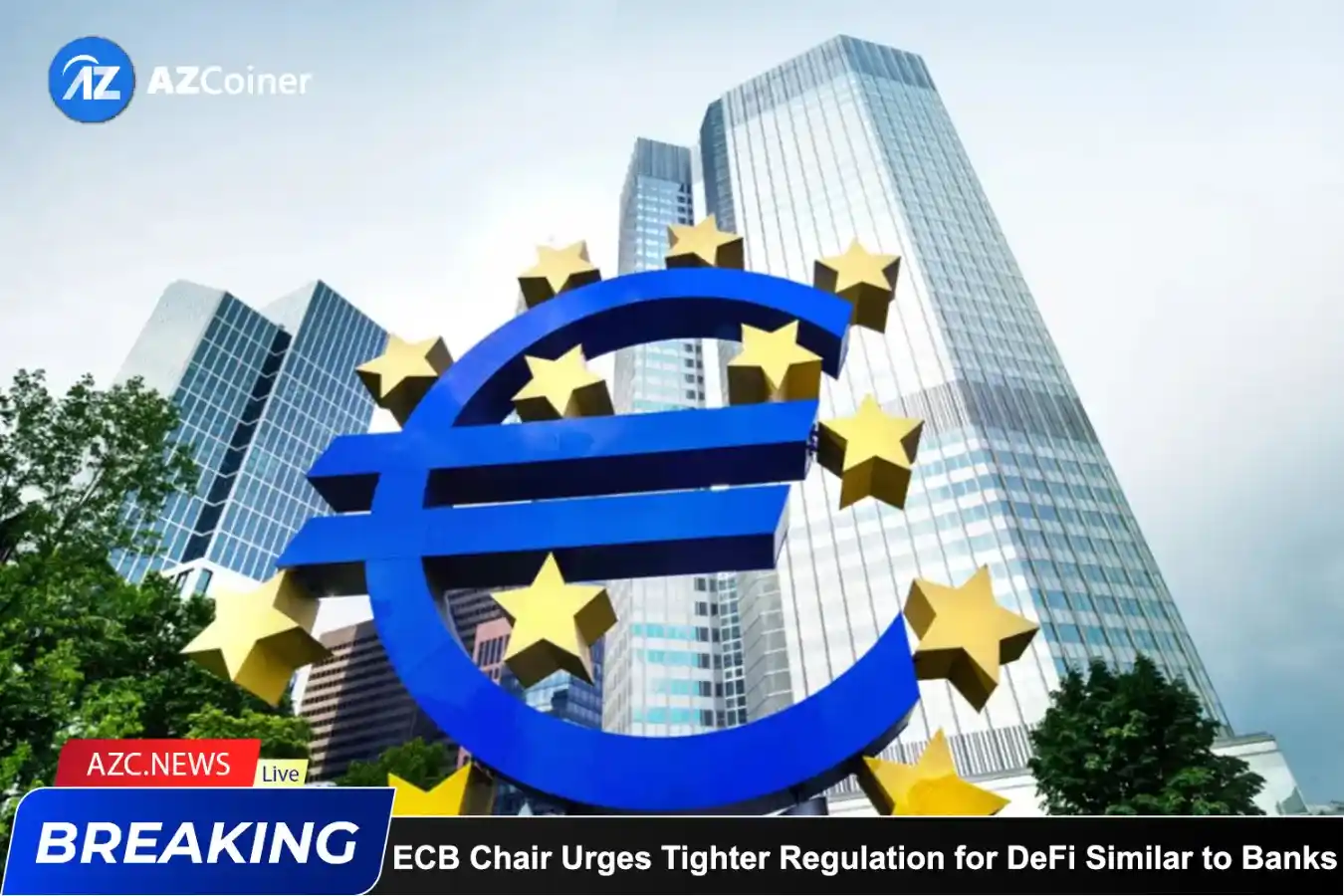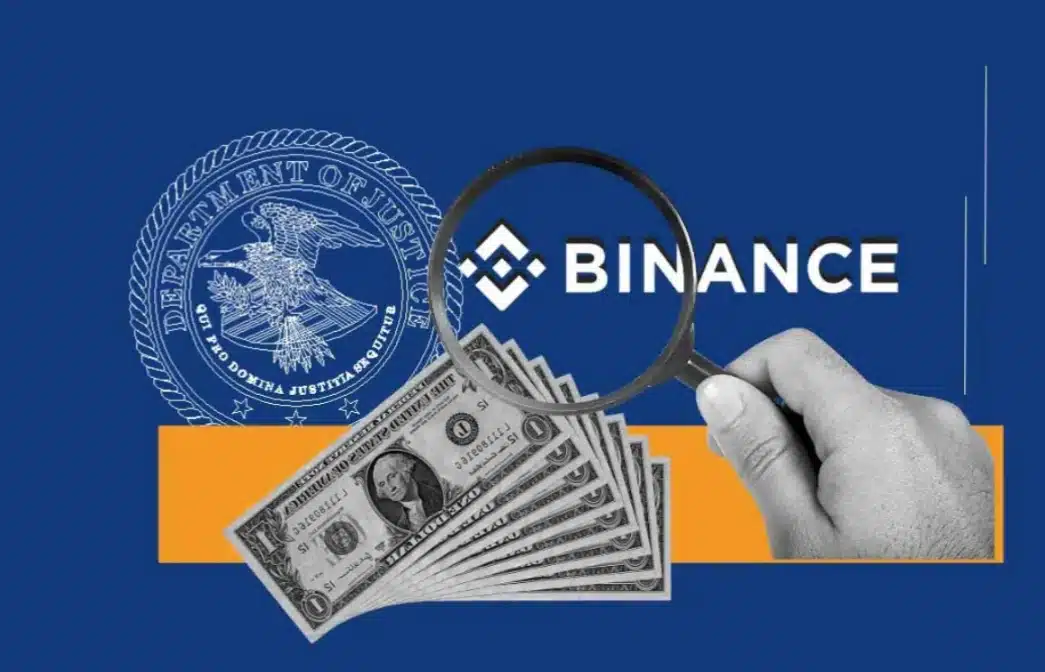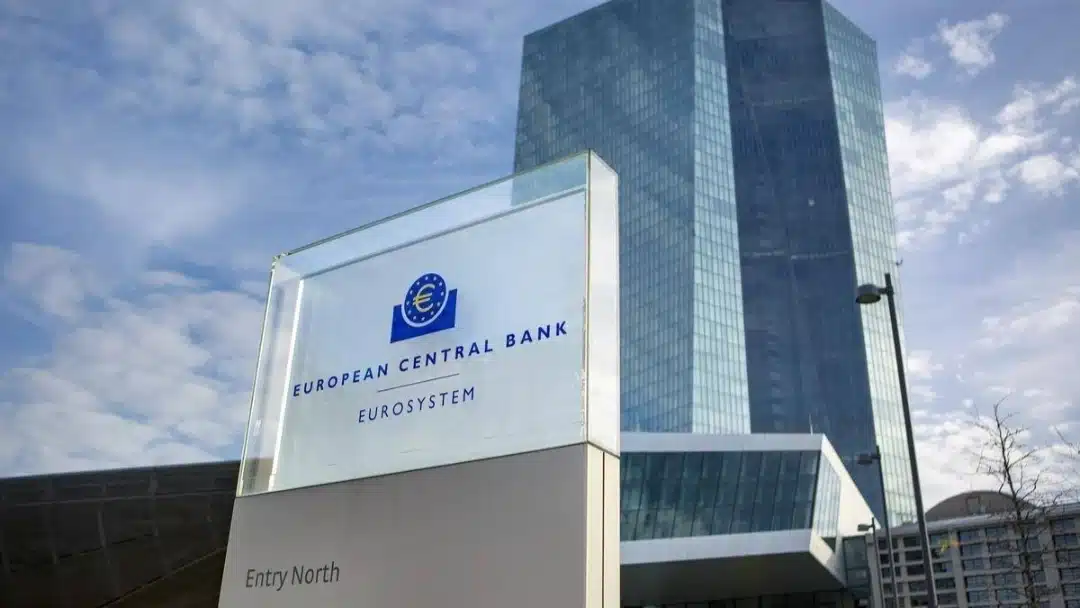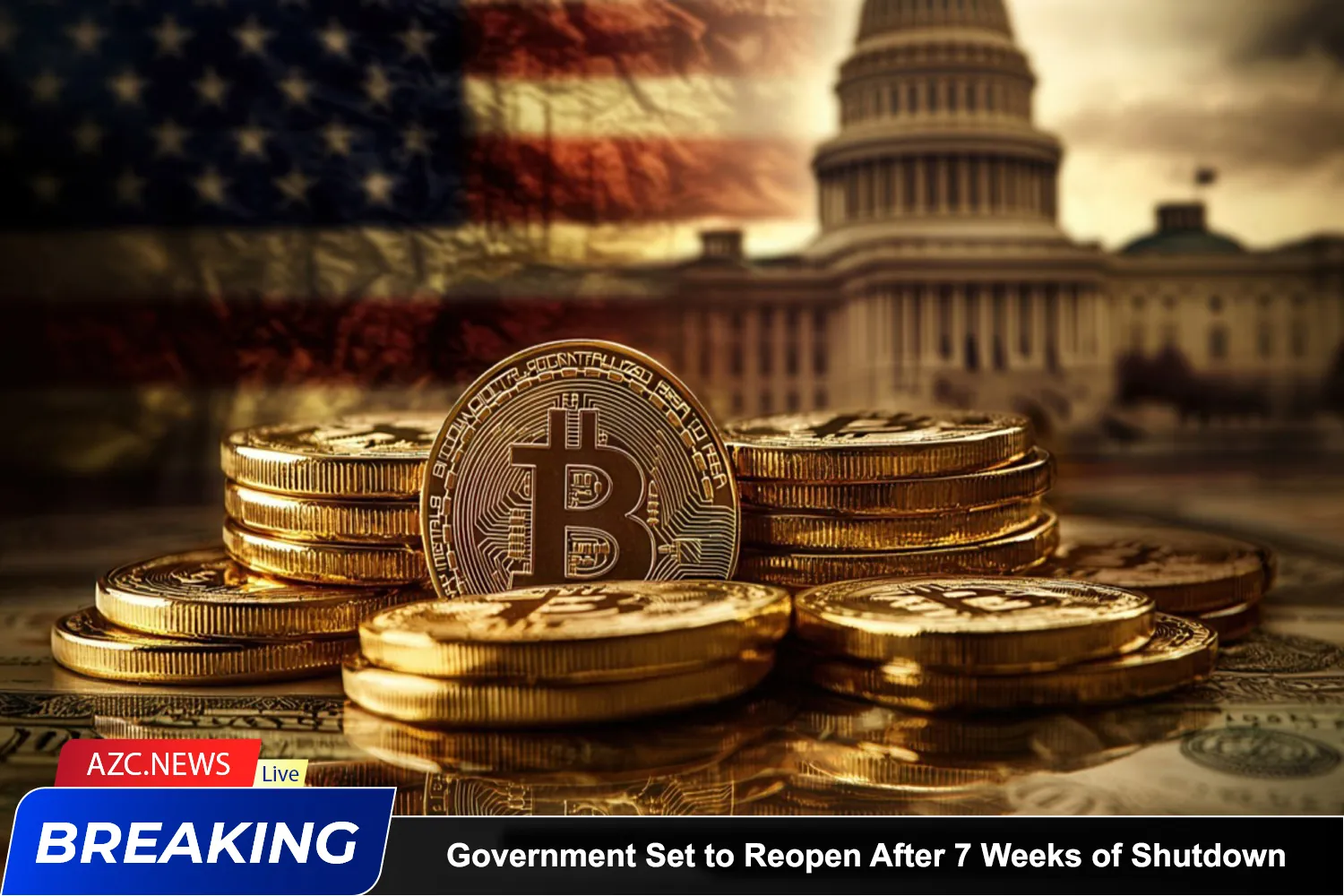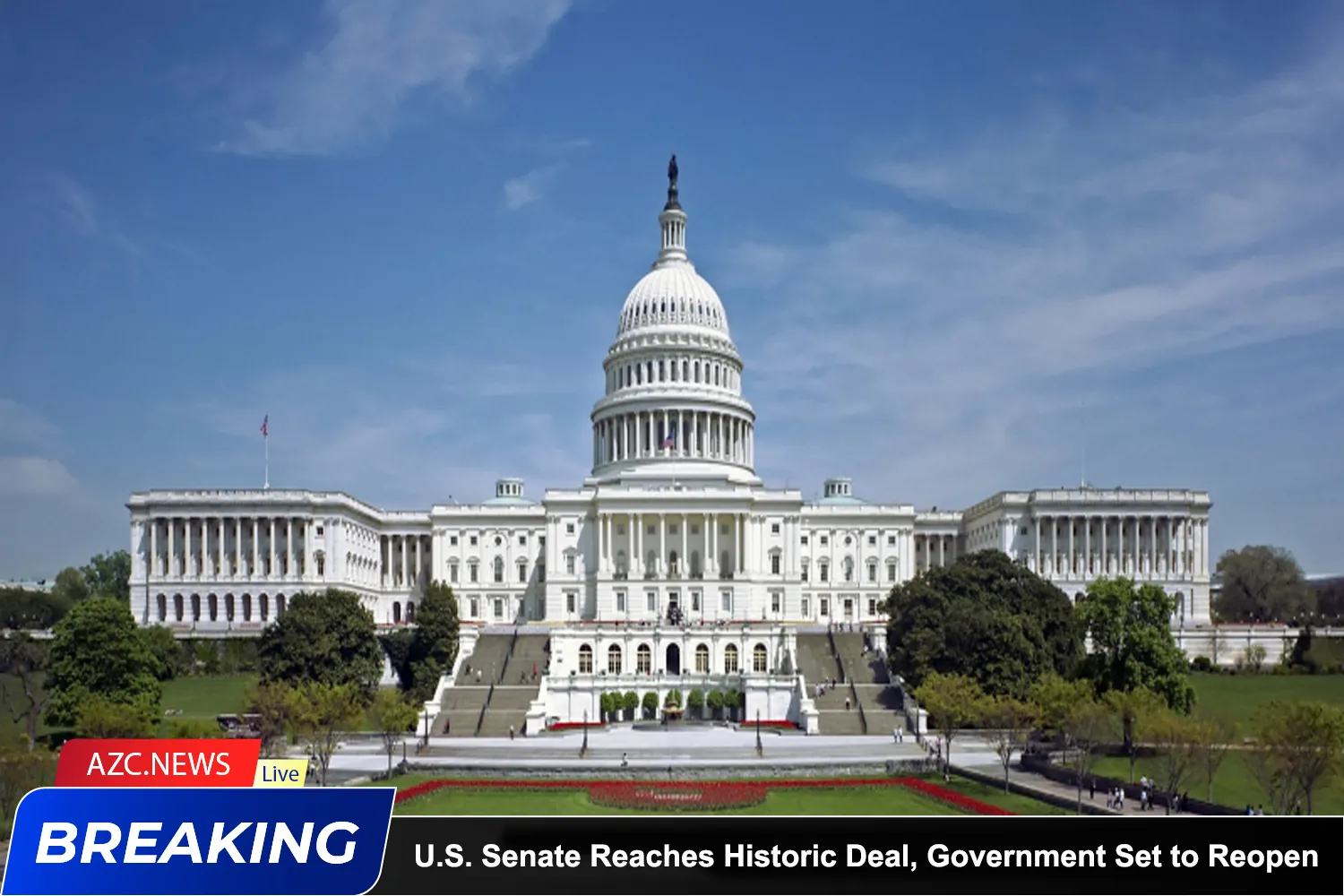Enria underscored the need for stringent regulation when crypto entities start mirroring the operations of banks, acknowledging the inherent difficulties in achieving this.
A key challenge highlighted by Enria is the “deterritorialization” of these crypto entities, many of which lack specific physical headquarters. This poses a regulatory hurdle, as the decentralized and borderless nature of these entities makes it challenging to establish jurisdiction and oversight.
The recent high-profile $4.3 billion settlement with Binance for operating without proper approvals exemplifies the global reach of crypto exchanges, emphasizing the pressing need for regulatory clarity. Enria expressed concerns regarding the “opacity” within crypto firms, citing the collapse of FTX in 2022 as an illustrative example of issues related to consolidation and transparency.
Enria pointed out the unique supervisory challenges posed by popular cryptocurrencies like Bitcoin and decentralized finance (DeFi) projects, highlighting the absence of a centralized issuer. This absence makes it inherently difficult to monitor and regulate these elements effectively. In summary, Enria advocates for a regulatory framework that adapts to the evolving landscape of crypto, especially when these entities take on banking-like functions, while acknowledging the inherent challenges posed by their decentralized and global nature.
Regulatory challenges extend beyond the familiar territory of traditional banking when it comes to decentralized finance (DeFi) projects. The absence of identifiable entities within these projects introduces an additional layer of complexity for effective regulatory oversight. Enria underscored the inherent difficulties in consolidating a comprehensive, group-wide perspective of the business and risks associated with crypto entities.
Related: Jito Propels Its Solana DeFi Community with JTO Token Airdrop
Drawing a distinct comparison with traditional banks, Enria highlighted the unique challenges posed by the decentralized nature of DeFi projects. This stands in contrast to the more centralized structures of traditional financial institutions. Despite these challenges, Enria offered reassurance that the European Central Bank’s (ECB) planned digital euro and private cryptocurrencies are not perceived as threats to the established role of traditional banks.
The timing of the interview is noteworthy, occurring amidst ongoing deliberations within the European Union (EU) regarding legislative proposals for a Digital Euro. The European Parliament is actively engaged in exploring regulatory frameworks and probing into the future implications of virtual assets, including their potential impact on privately issued tokens used as a form of payment.
Enria’s insights shed light on the multifaceted challenges faced by regulators in their efforts to ensure that crypto entities undertaking banking-like activities are subject to appropriate and effective regulation and supervision. As the regulatory landscape continues to evolve, addressing these challenges becomes increasingly crucial for maintaining financial stability and protecting the interests of all stakeholders involved.

